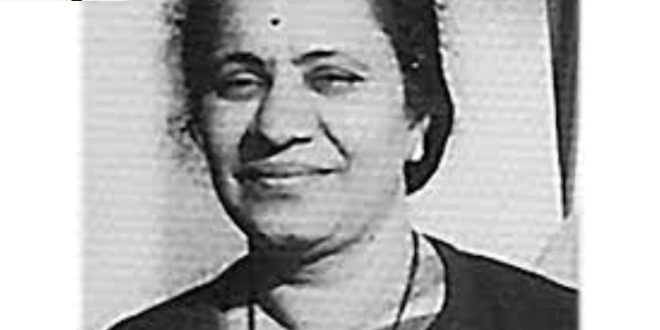Dr. Kamal Jayasing Ranadive, also known as Kamal Samarth, was an Indian biomedical researcher who studied the links between cancers and viruses. She was born on November 8th, 1917, and passed away. Dr. Kamal Ranadive died April 11th, 2001. Dr. Ranadive was a trailblazer in her field and made numerous contributions to cancer research. This article will explore her life and work in more detail.
Early Life and Education
Dr. Kamal Ranadive Jayasing Samarath was born in Colombo, Sri Lanka, in 1917. She received her early education in India before moving to the United States to pursue higher education. Dr. Ranadive earned her Bachelor’s and Master’s degrees in Microbiology from the University of Michigan. She then obtained her Ph.D. in Virology from the University of Wisconsin-Madison. Dr. Kamal Ranadive age 83.
Career and Achievements
How did dr. Kamal ranadive die? After completing her education, Dr. Ranadive returned to India and joined the Indian Cancer Research Centre in Mumbai. In the 1960s, she established India’s first tissue culture research laboratory at the Indian Cancer Research Centre, which helped revolutionize cancer research in the country. Her work in tissue culture was instrumental in understanding the interactions between viruses and human cells, which played a significant role in her research on cancer.
Dr. Ranadive’s work focused on the link between cancer and viruses. She was particularly interested in understanding certain viruses’ role in cancer development. Her research on the Epstein-Barr virus (EBV) helped establish a link between the virus and several types of cancers, including Burkitt’s lymphoma and nasopharyngeal carcinoma.
Dr. Ranadive was also a founding member of the Indian Women Scientists’ Association (IWSA). The association was established in 1973 to promote and support the involvement of women in science and technology. Dr. Ranadive was active in the organization, serving as its president from 1975 to 1978.
Legacy and Impact
Who was dr. kamal ranadive google doodle honors indian biologist? Dr. Ranadive made significant contributions to cancer research in India and beyond. Her work helped pave the way for future scientists and researchers to study the links between viruses and cancer. Her establishment of India’s first tissue culture research laboratory has also been instrumental in advancing research on other diseases.
In recognition of her work, Dr. Ranadive received numerous awards and honors throughout her career. She was elected as a Fellow of the Indian National Science Academy and the National Academy of Sciences, India. In 1997, she was awarded the Padma Bhushan, one of India’s highest civilian honors, for her contributions to science.
Conclusion
Dr. Kamal Ranadive was a trailblazer in the field of cancer research. Her work helped revolutionize how we understand the links between viruses and cancer. Her establishment of India’s first tissue culture research laboratory and her active involvement in promoting women in science have significantly impacted the scientific community. Dr. Ranadive’s legacy inspires and motivates scientists and researchers worldwide to advance our understanding of cancer and other diseases. Google honors cell biologist dr. Kamal ranadive with a doodle because of hard work and achievements.
 Stride Post Latest News
Stride Post Latest News




